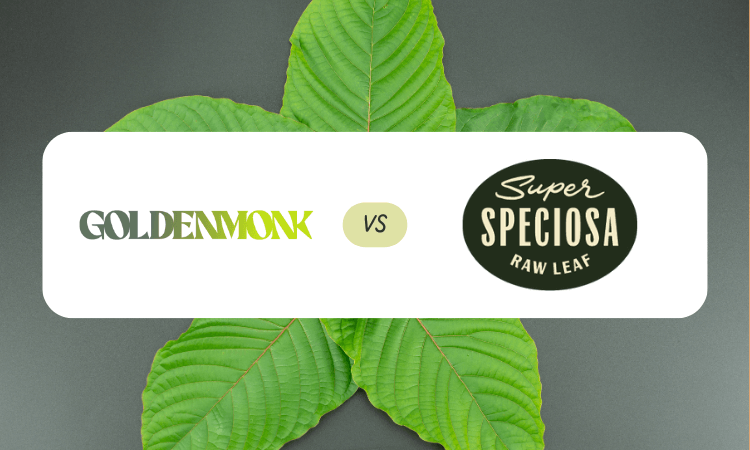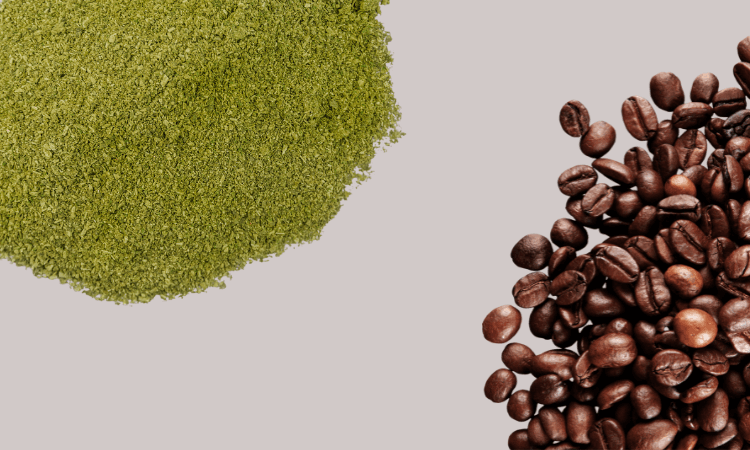Kratom, a tropical tree native to Southeast Asia, has garnered attention for its potential therapeutic benefits in humans, such as pain relief and anxiety reduction. However, its use in dogs remains controversial and under-researched. This article explores the potential benefits and risks of kratom for dogs to help pet owners make informed decisions.
What is Kratom?
Kratom (Mitragyna speciosa) contains active compounds like mitragynine and 7-hydroxymitragynine, which interact with opioid receptors in the brain to produce effects similar to opioids. In humans, kratom is often used to manage pain, alleviate anxiety, and treat opioid withdrawal symptoms.
Potential Benefits of Kratom for Dogs
Pain Relief: Some anecdotal evidence and limited studies suggest kratom may help alleviate pain in dogs, particularly those suffering from chronic conditions such as arthritis and cancer. The alkaloids in kratom can bind to opioid receptors, potentially providing pain relief.
Anxiety and Stress Relief: Kratom’s calming effects on humans have led some pet owners to use it for reducing anxiety and stress in their dogs. While there are reports of improved behavior and reduced stress in dogs, these claims are largely anecdotal and not supported by extensive research.
Anti-inflammatory Effects: Kratom is believed to possess anti-inflammatory properties, which could benefit dogs with inflammatory conditions. However, scientific evidence supporting this use in dogs is limited.
Potential Risks and Side Effects
Adverse Reactions: Potential side effects of kratom in dogs include sedation, respiratory depression, constipation, nausea, and dry mouth. In severe cases, an overdose can lead to more serious symptoms such as seizures, vomiting, and lethargy.
Lack of Research: There is a significant lack of scientific studies on the safety and efficacy of kratom in dogs. Most of the available information is based on anecdotal evidence and studies conducted on humans or rodents. This lack of research makes it difficult to draw definitive conclusions about its safety for canine use.
Toxicity and Overdose: Symptoms of kratom overdose in dogs include lack of coordination, frequent urination, excessive thirst, vomiting, drooling, depressed breathing, and agitation. In severe cases, overdose can lead to coma, stupor, disorientation, irregular heartbeat, and low blood pressure. Immediate veterinary attention is crucial in such scenarios.
Legal Status
The legal status of kratom varies across different regions. In the United States, kratom is legal in many states but regulated in others. It’s important to check local regulations before considering kratom for your dog.
Administration and Dosage
Dosage Guidelines: Determining the correct dosage for dogs is challenging due to the lack of standardized guidelines. It is generally recommended to start with small doses and adjust based on the dog’s response. Consulting a veterinarian is crucial to avoid potential risks.
Methods of Administration: Kratom can be mixed with food to mask its bitter taste. Powder and capsules are common forms used by pet owners. However, administering kratom in its raw form (leaves or mixed with water) is not recommended due to its bitterness and potential for adverse reactions.
Consultation with Veterinarians
Before administering kratom to your dog, it’s essential to consult with a veterinarian. They can provide guidance on appropriate dosage, potential interactions with other medications, and monitor for any adverse effects. Veterinary supervision ensures that the decision to use kratom is based on a thorough understanding of the dog’s health needs and conditions.
Conclusion
Kratom presents a complex case for use in dogs. While there are potential benefits, such as pain and anxiety relief, the lack of extensive research and potential for adverse reactions makes its use risky. More scientific studies are needed to understand its safety and efficacy fully. Until then, it is crucial for pet owners to proceed with caution and seek veterinary advice before considering kratom as a treatment option for their dogs.







I really like your writing style, excellent information, thank you for posting :D. “Your central self is totally untouched By grief, confusion, desperation.” by Vernon Howard.